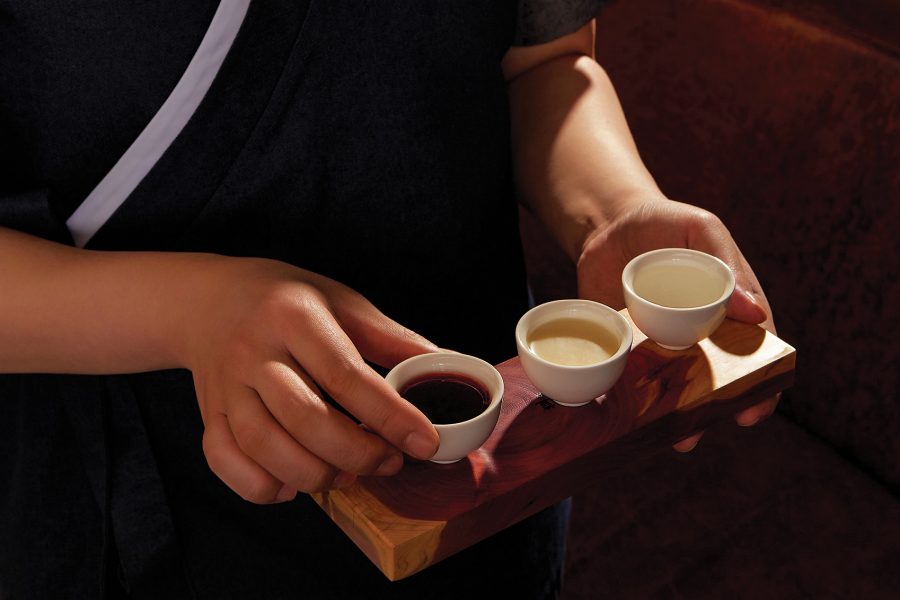A neon tiger sign casts its purple glow onto Seungjeong Ike Ryu as he pours a cloudy orange drink into a champagne flute. It’s light and goes down smoothly, an effervescent cascade of citrus made sweet and milky by makgeolli, or Korean rice wine.
It’s the Ssal 75, a Korean twist on the gin-based French 75, with the traditional champagne swapped for makgeolli, served at Oul at the Four Seasons Hotel Seoul. This is just one of the many bars that has added the traditional drink to its menu as demand has climbed in recent years.
Traditionally homebrewed with rice, water and a fermenting agent called nuruk, makgeolli is soju’s heartier, undistilled – and, until recently, less cool – sister. It’s been likened to drinking alcoholic Yakult, down to its milky white hue and probiotic content.
“I used to think of makgeolli as a drink mainly consumed by the elderly generation or in rural areas,” Ryu adds, as he busies himself with his next concoction: the makgeolli-based Milsu, which tastes just like a milkshake with added pine notes. “I have vivid memories of my grandmother making makgeolli at home when I was a child.”
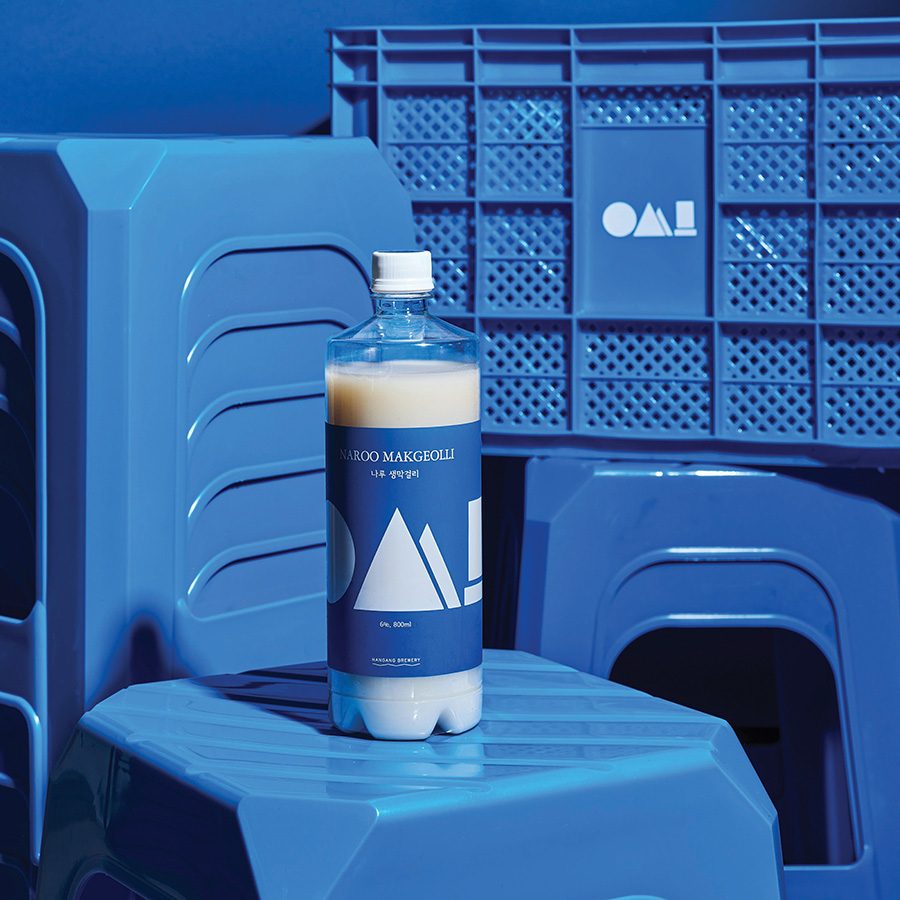
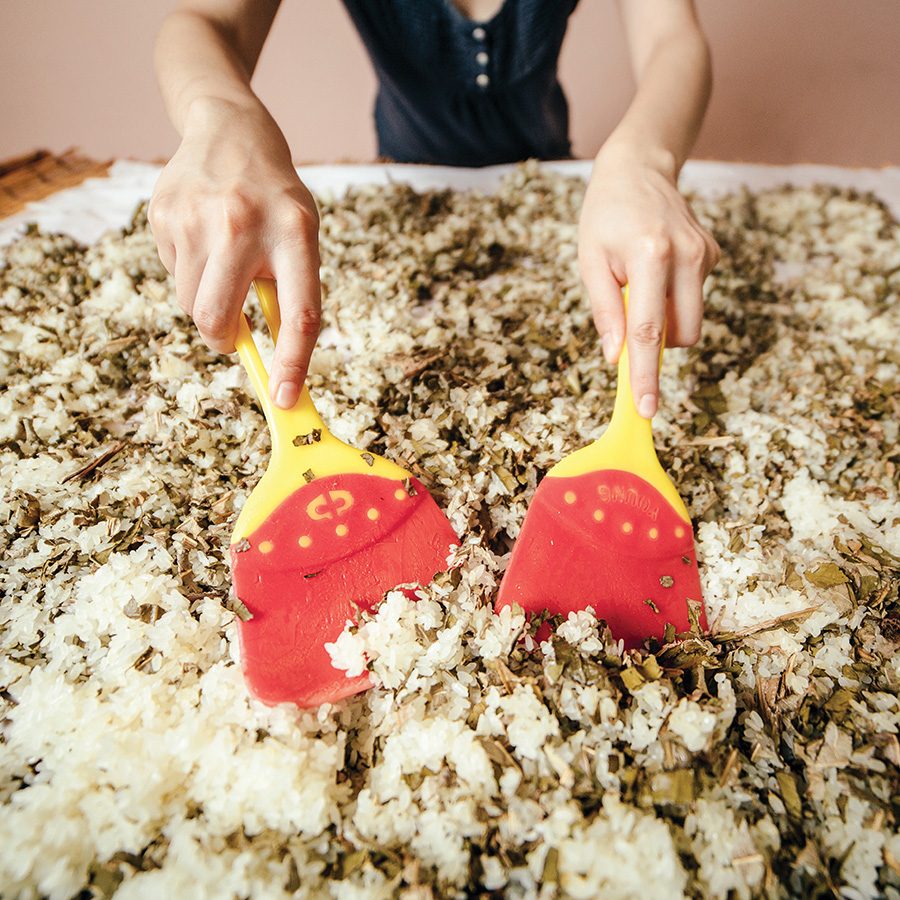
This perception was certainly not a unique one. Koh Sung-yong, co-founder of makgeolli makers Hangang Brewery , says refreshing the drink’s dated image was a challenge when they launched their Naroo Draft Makgeolli. “People think makgeolli is cheaply made, cheesy in design and not trendy,” Koh says. The bottle’s design-forward, cobalt-blue branding and the quality of the drink inside are helping change that.
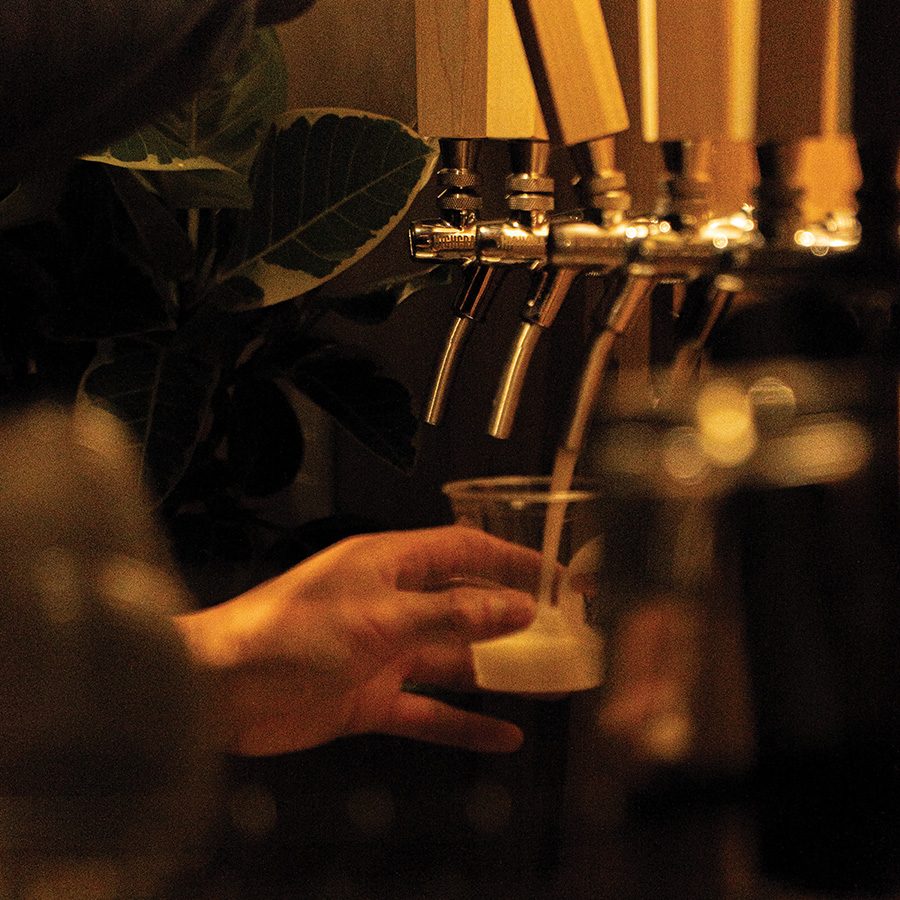
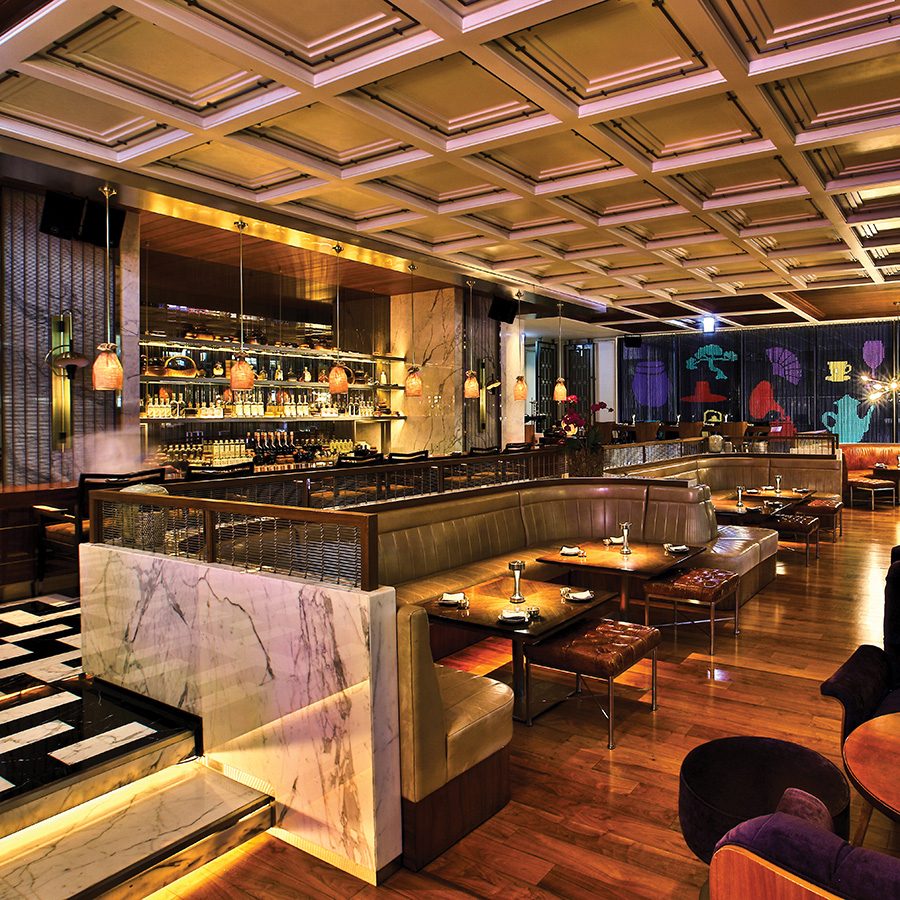
Rice wine renaissance
The last few years have seen younger drinkers turn to sool – traditional Korean alcohol – partly as a result of being unable to access Western spirits, such as gin and whisky, during the pandemic. Having been in the industry and studied sool for more than a decade, The Sool Company founder Julia Mellor is excited to see new bars and producers enter the fray.
“When I started, I knew everybody on the makgeolli scene,” says Mellor, who’s Australian. “Now it’s near-impossible to keep up with every new producer.
“Makgeolli has changed in focus from what was a more traditional field and an older generation to young people putting their own brand on it, their own perspective, infusions and styles.”
Now, when visiting Seoul, you can build an entire itinerary around Korean alcohol: try an introductory tasting flight at Oul, join one of The Sool Company’s makgeolli tastings, experience a sool-pairing menu at restaurants like Dokdo 16 Celsius , and explore the brewpubs, such as Woori Yeahsool , where sool is brewed onsite and served in hip spaces.
Celebrities have also got involved, with singer Seong Si-kyung’s makgeolli selling out online within three minutes of launch and BTS star Jin sharing how he makes his own on YouTube. Jipyeong Brewery , one of the country’s longest-standing makgeolli producers, witnessed a 15 per cent surge in sales last year.
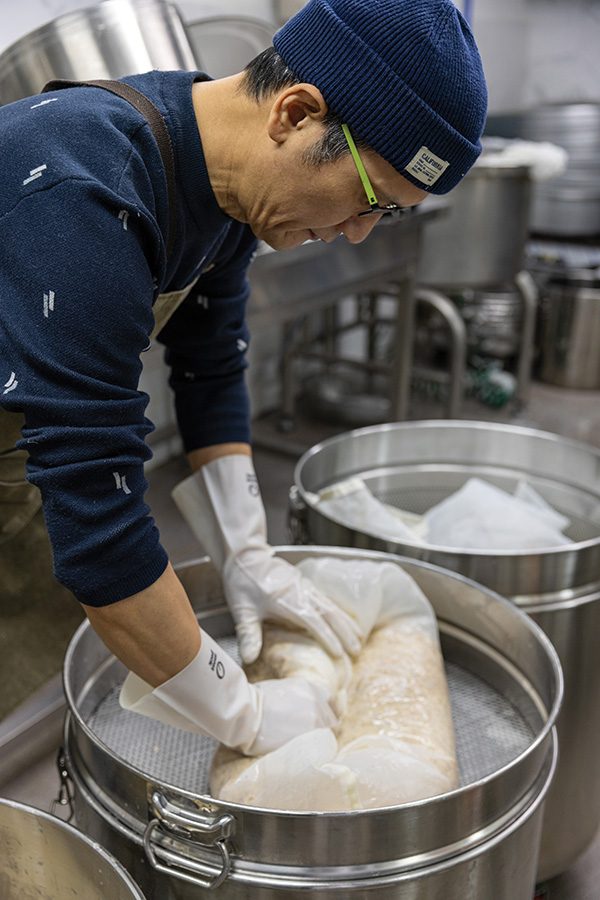
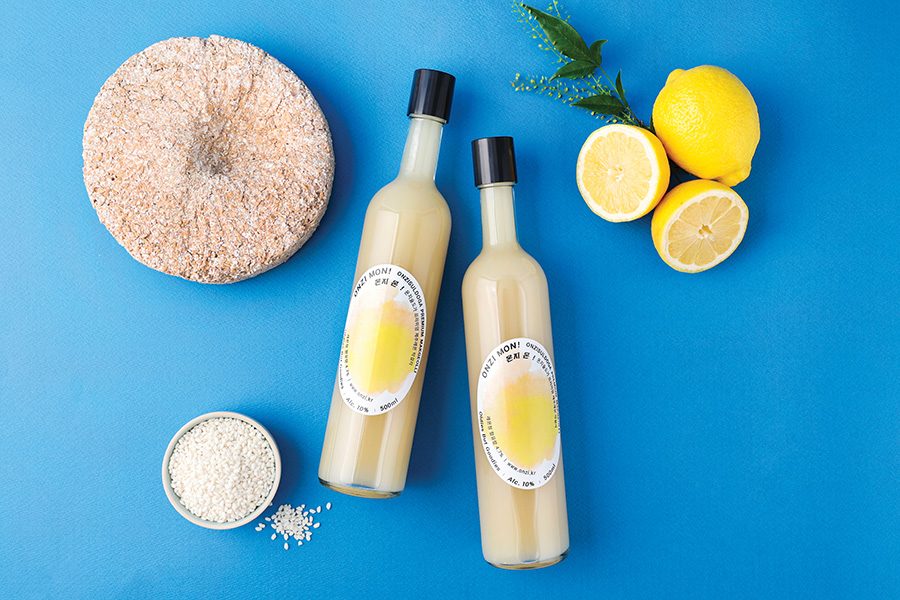
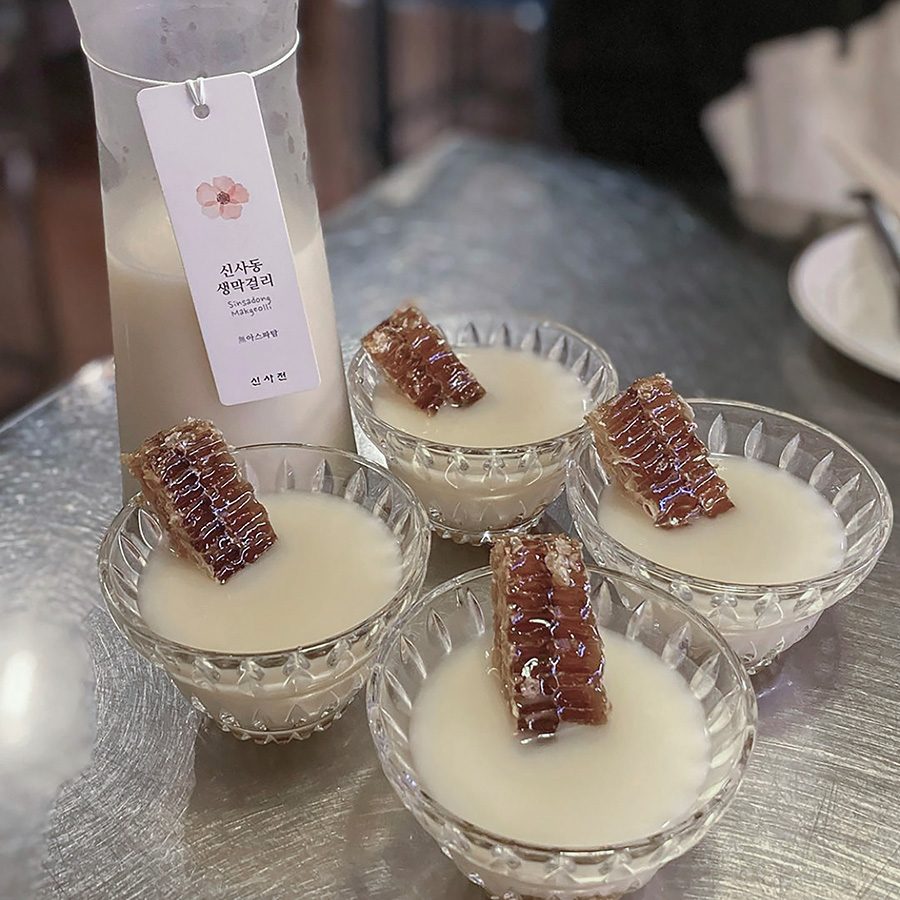
Mak is back
Social media has propelled rice wine’s glow-up: Seoul restaurant Sinsajeon went viral for its drink where makgeolli is poured over a slab of honeycomb and served alongside moreish anju: food made to be paired with alcohol, such as savoury pancakes (which you can read more about here).
It isn’t just the way makgeolli is being consumed that has changed. Long-standing brewers have started producing novelty makgeollis with flavours like chestnut and Earl Grey.
At a makgeolli tasting with The Sool Company, you’ll try a range of styles and infusions, from Onzi Brewery’s bright lemony brew and a candy floss pink omija berry version to a fig-based makgeolli by Jiranjigyo and a nutty, creamy homebrew or pumpkin spice variant made by Bona Kim, The Sool Company’s managing partner and an expert brewer. If you enjoy what you taste, you can pick up a bottle to take home.
From music and makeup to food and fashion, the world has fallen in love with everything Korean; the nation’s cool factor, or hallyu, has flourished over the last decade, simultaneously giving young Koreans a sense of pride in their culture and an interest in preserving traditions. Hangang Brewery’s Koh Sung-yong is one of them: “I felt that this alcohol with a long tradition was becoming old and outdated. We want our products to be traditional yet trendy so that younger generations can enjoy them.”
Makgeolli is steeped in history, and despite the fresh labelling and funky flavours of the new wave of sool, it’s still a drink that’s made to be shared.
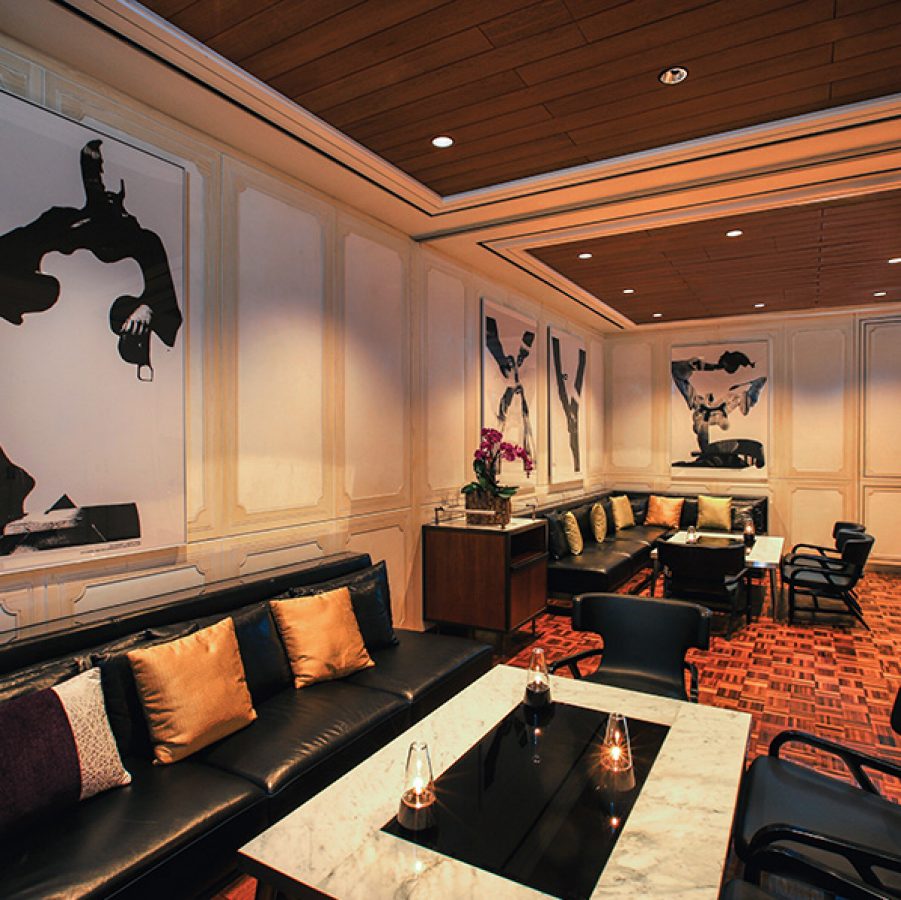
Where to drink makgeolli in Seoul
OUL
Sool is transformed into stunning modern cocktails that taste just as good as they look. If you have a sweet tooth, you’ll love the makgeolli-based Milsu here.
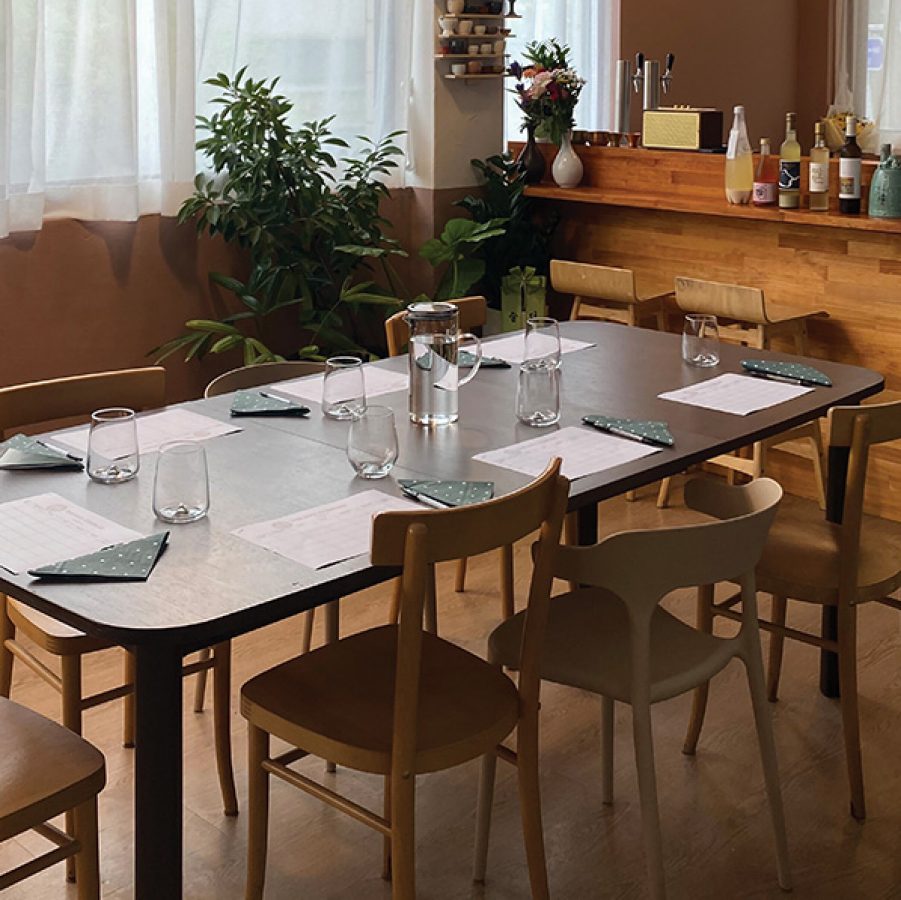
The Sool Company
Join a The Sool Company makgeolli pub crawl, or learn to tell your yakjus from your takjus and how to brew your own makgeolli during an English sool tasting class .
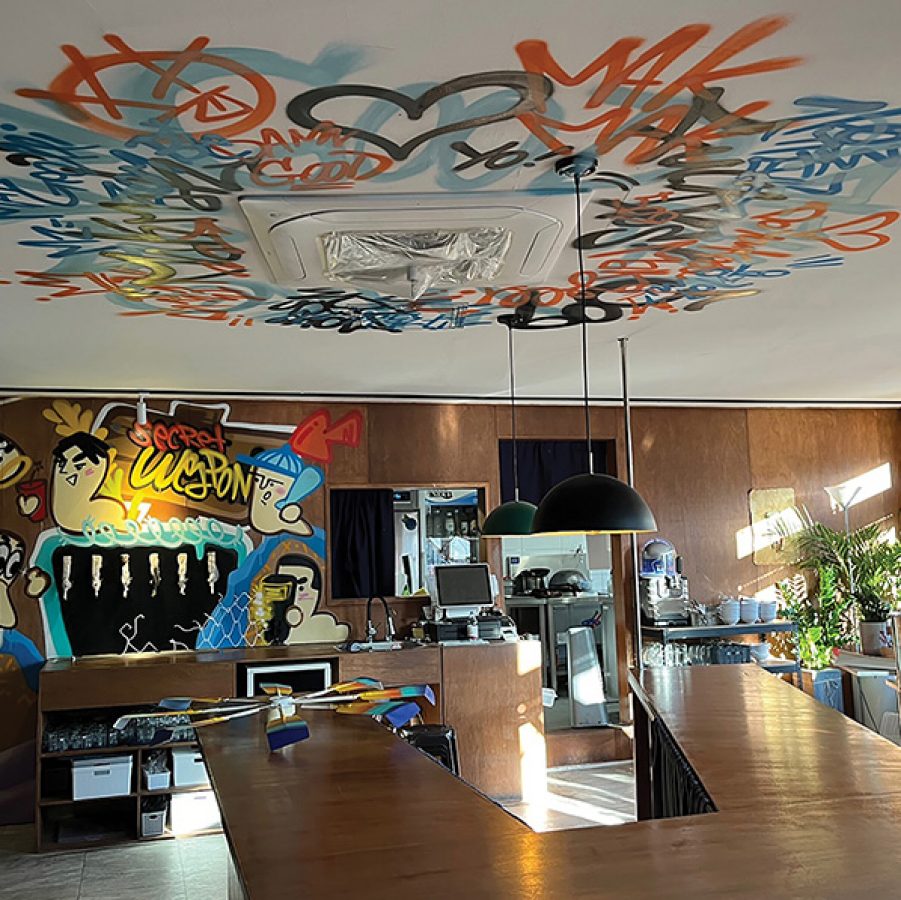
Woori Yeahsool
Taps line the wall at this brewpub, where the in-house makgeolli is served alongside standouts from other breweries and Korean Chinese fusion plates.

Bar Cham
Enter through the traditional wooden hanok doors of this bar , and you’ll find yourself in one of Asia’s 50 Best Bars and a temple of traditional Korean liquor.
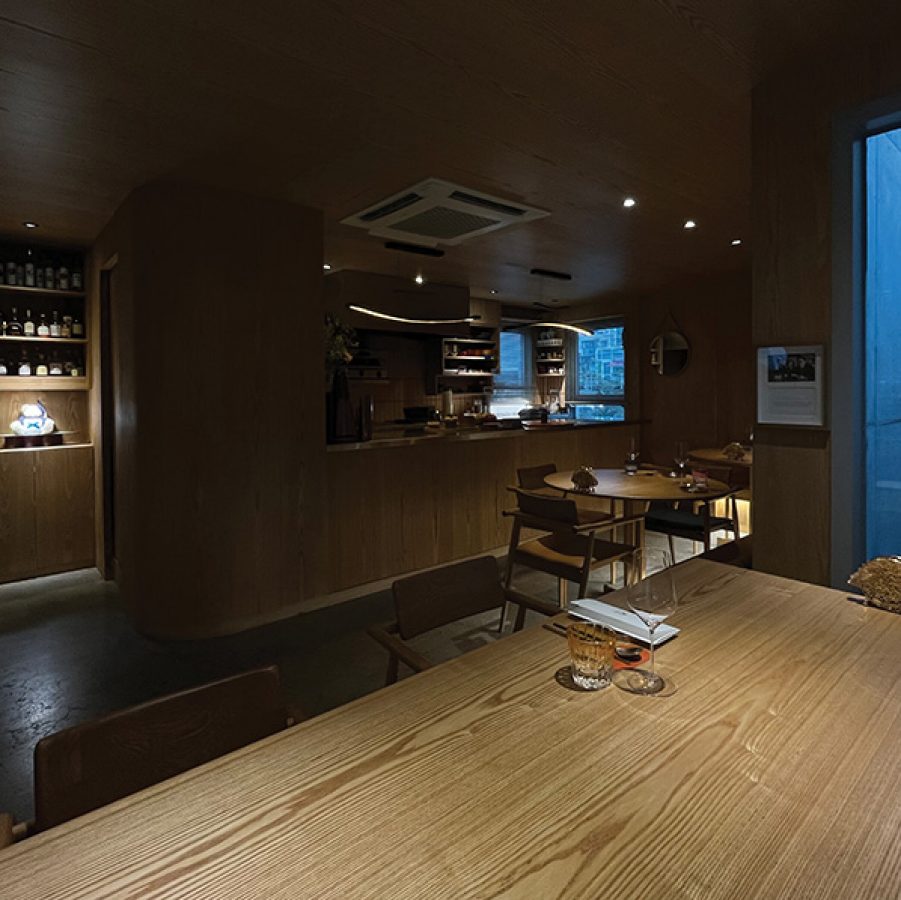
Dokdo 16 Celsius
Korean food and sool are blended on pairing menus at this cosy restaurant, where premium ingredients and spirits come to the fore.
More inspiration
Seoul travel information
- China – the Chinese Mainland, Hong Kong SAR, Macao SAR and Taiwan Region
- Hong Kong SAR - English
- Chinese Mainland (China) - English
- Taiwan, China - English
- 香港特別行政區 - 繁體中文
- 中国內地 - 简体中文
- 中國台灣 - 繁體中文
- Africa
- South Africa - English
- Asia
- Bangladesh - English
- Korea - English
- Singapore - English
- Cambodia - English
- 한국 - 한국어
- Sri Lanka - English
- India - English
- Malaysia - English
- Thailand - English
- Indonesia - English
- Maldives - English
- ประเทศไทย - ภาษาไทย
- Indonesia - Bahasa Indonesia
- Myanmar - English
- Vietnam - English
- Japan - English
- Nepal - English
- Việt Nam - tiếng Việt
- 日本 - 日本語
- Philippines - English
- Australasia
- Australia - English
- New Zealand - English
